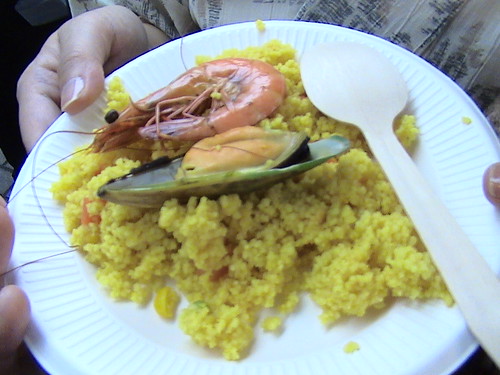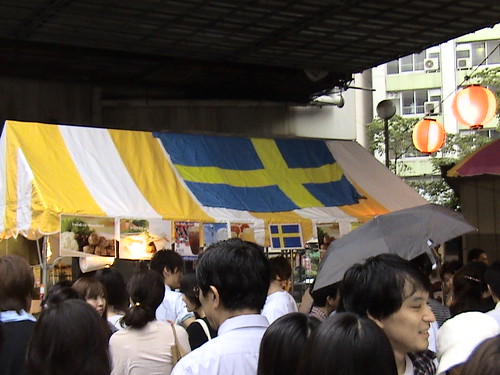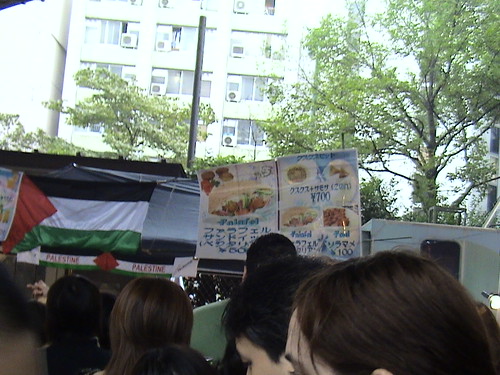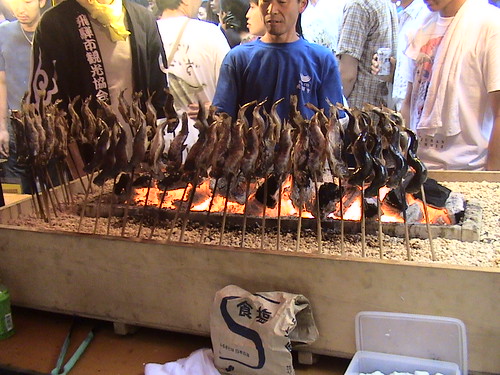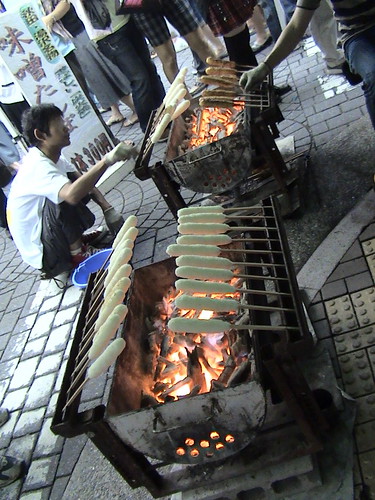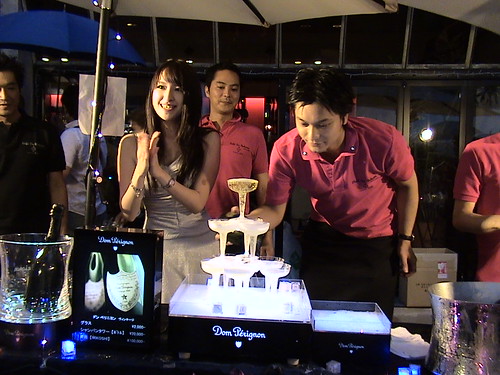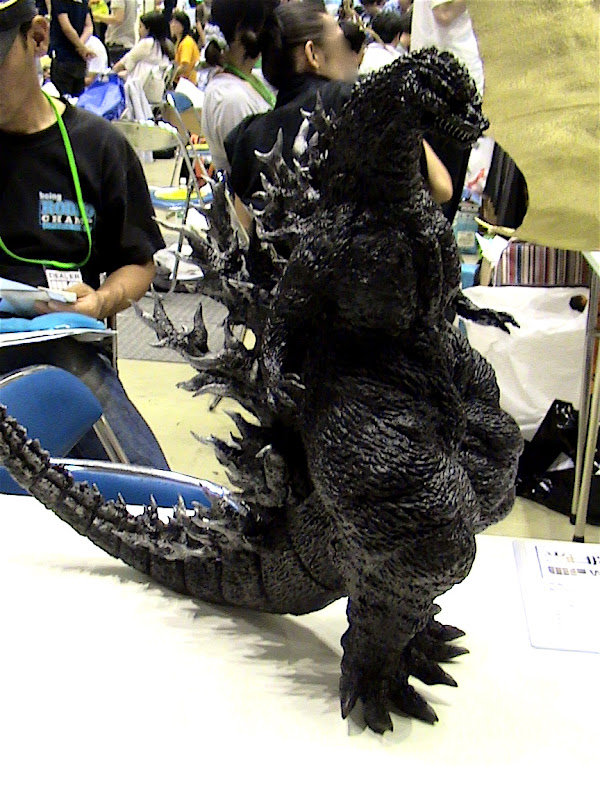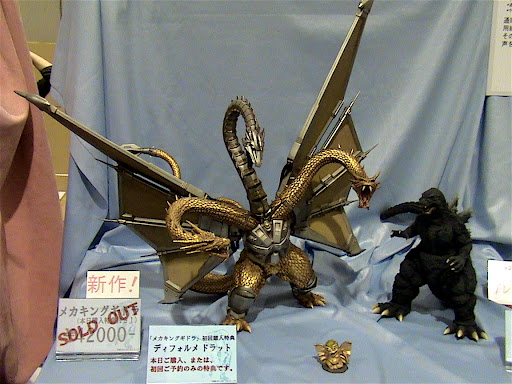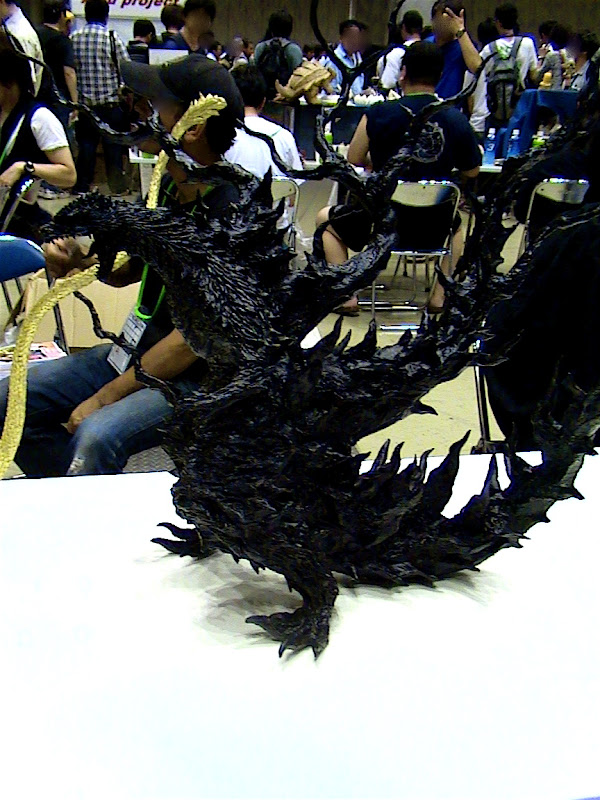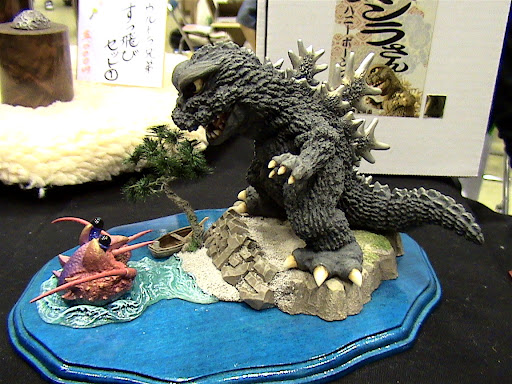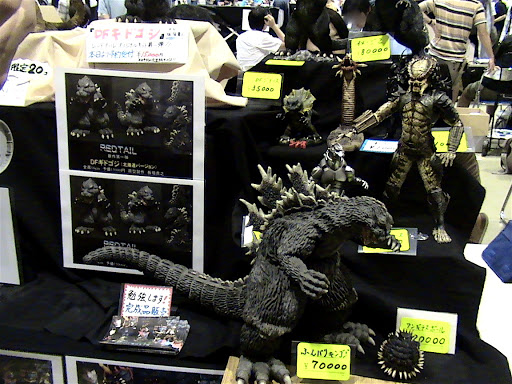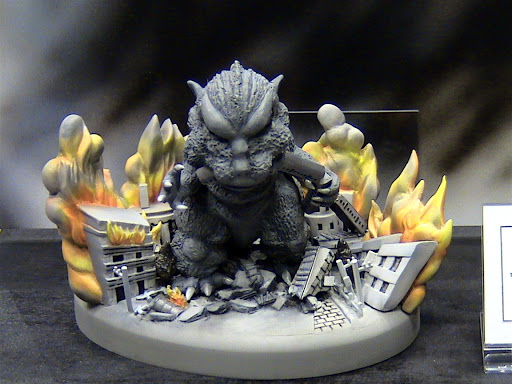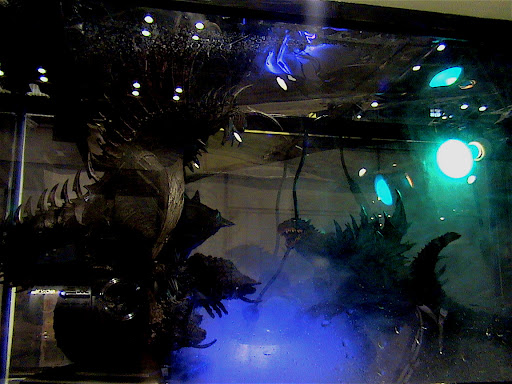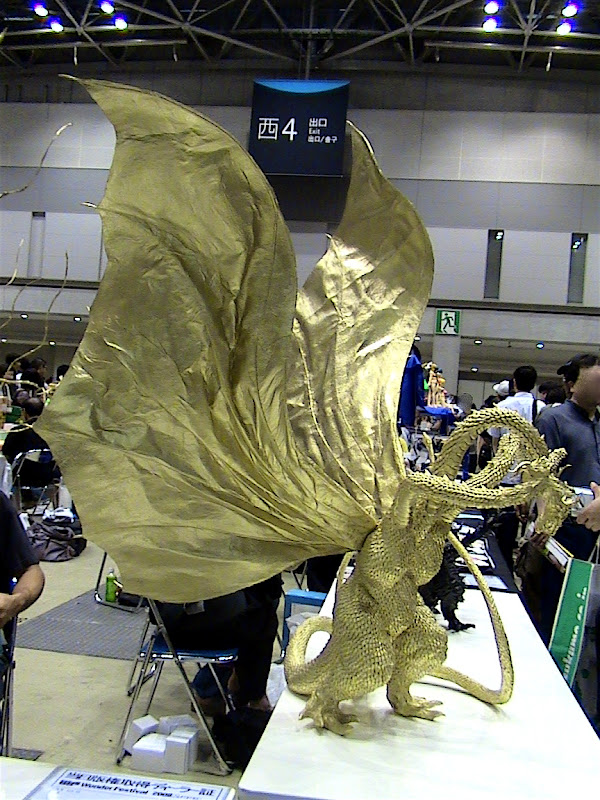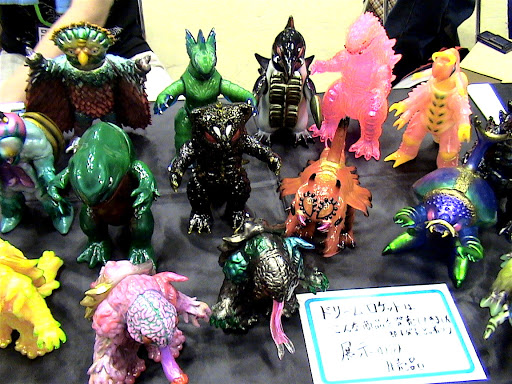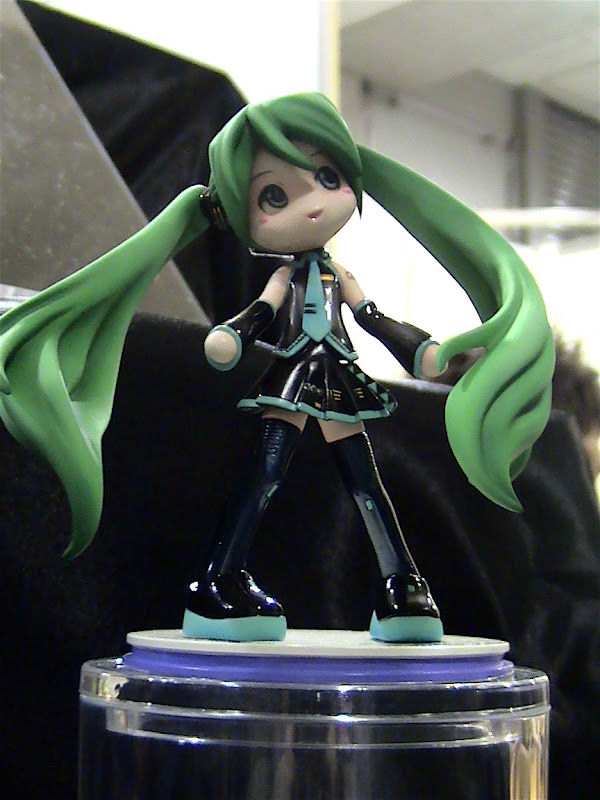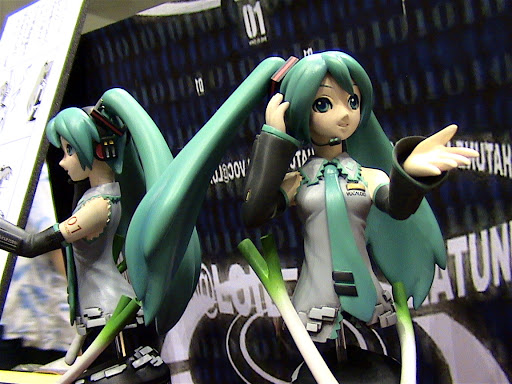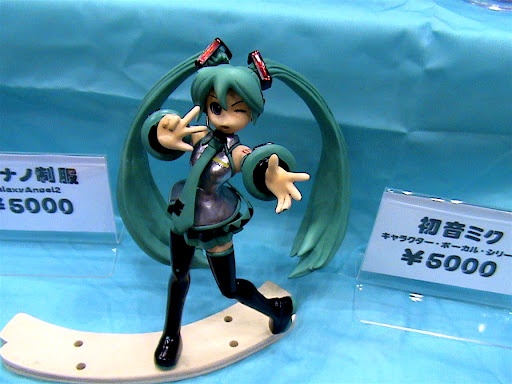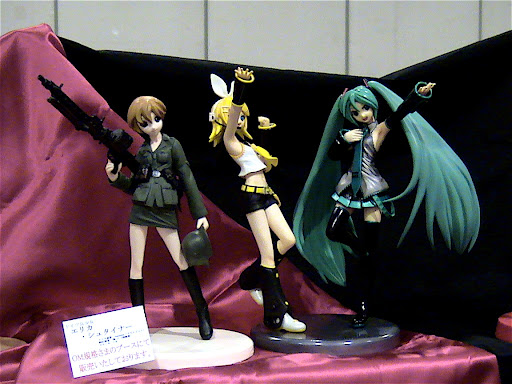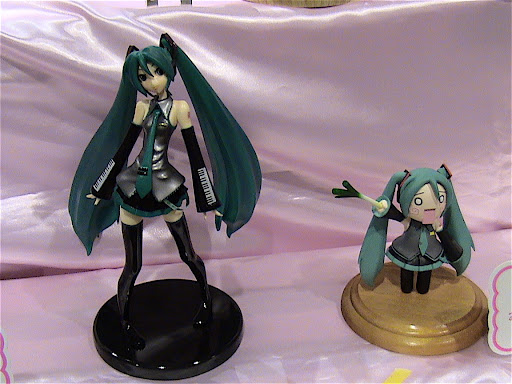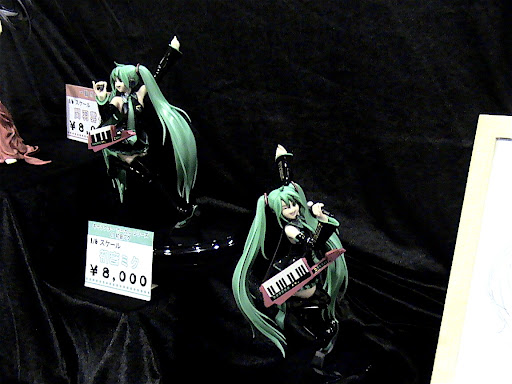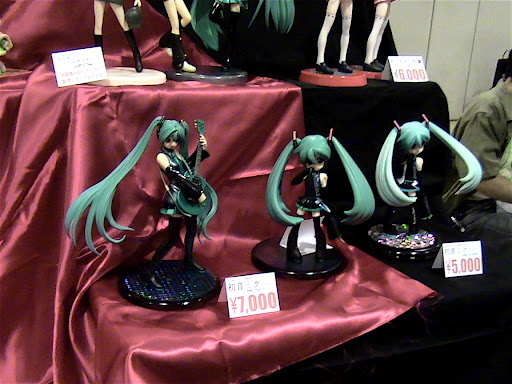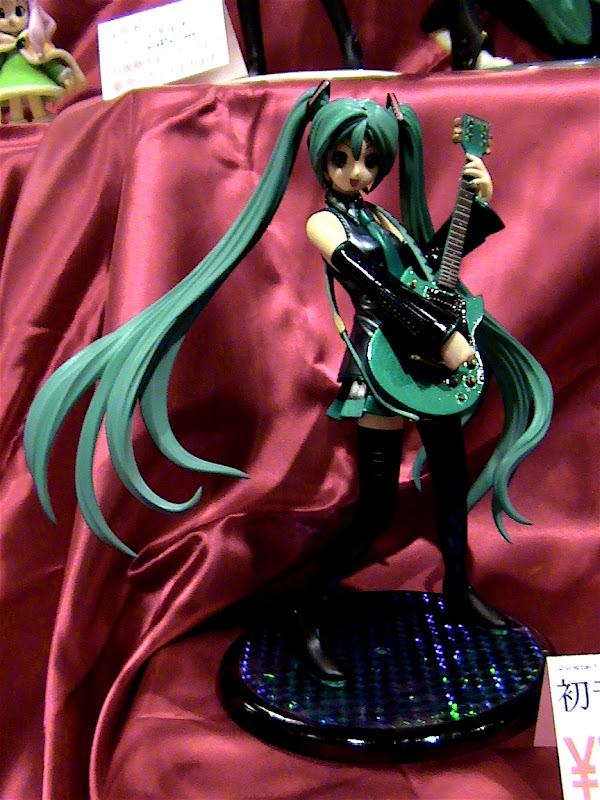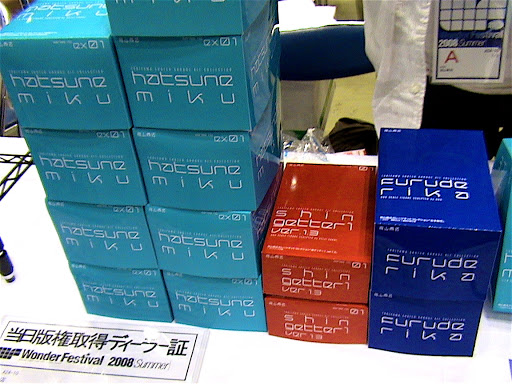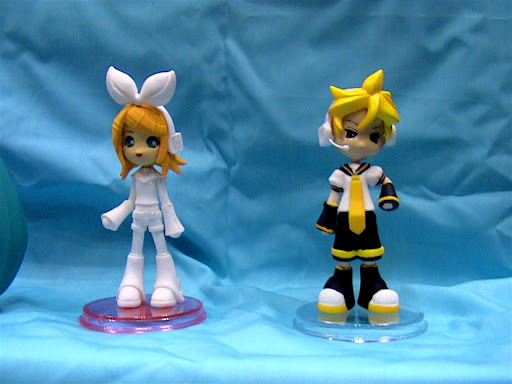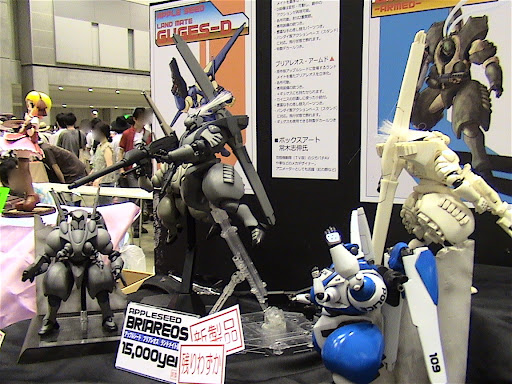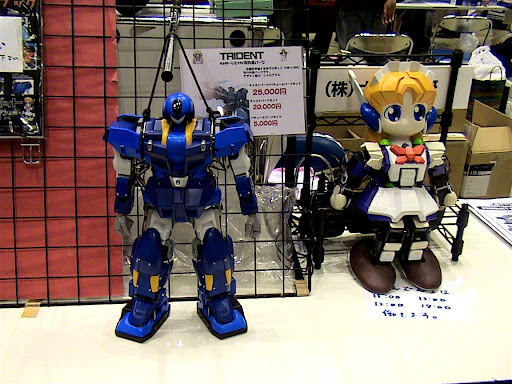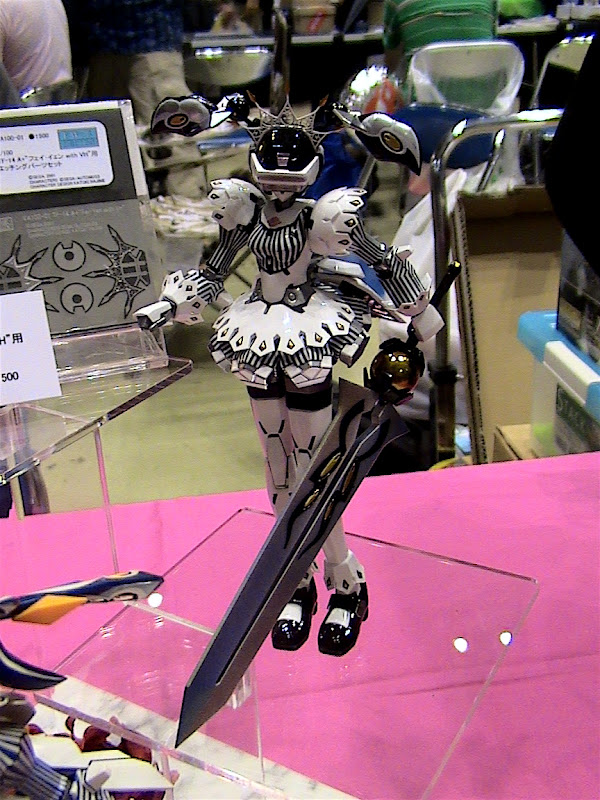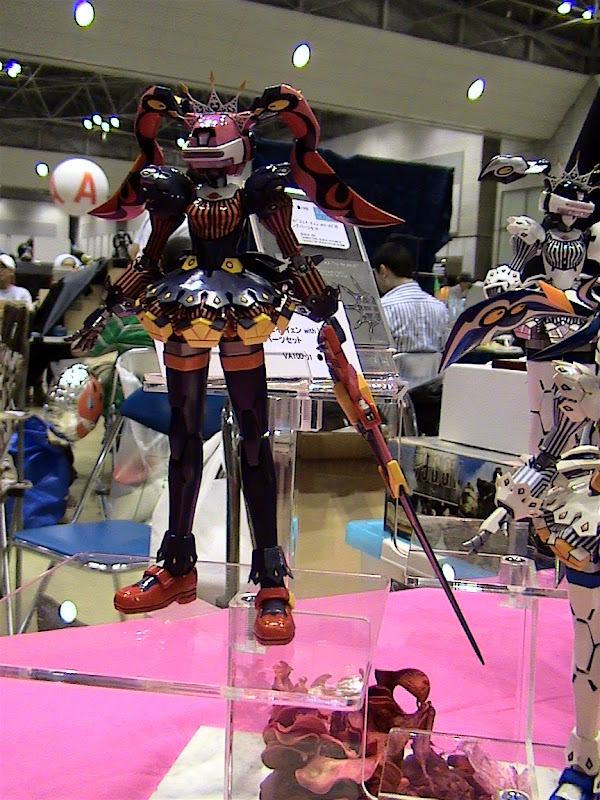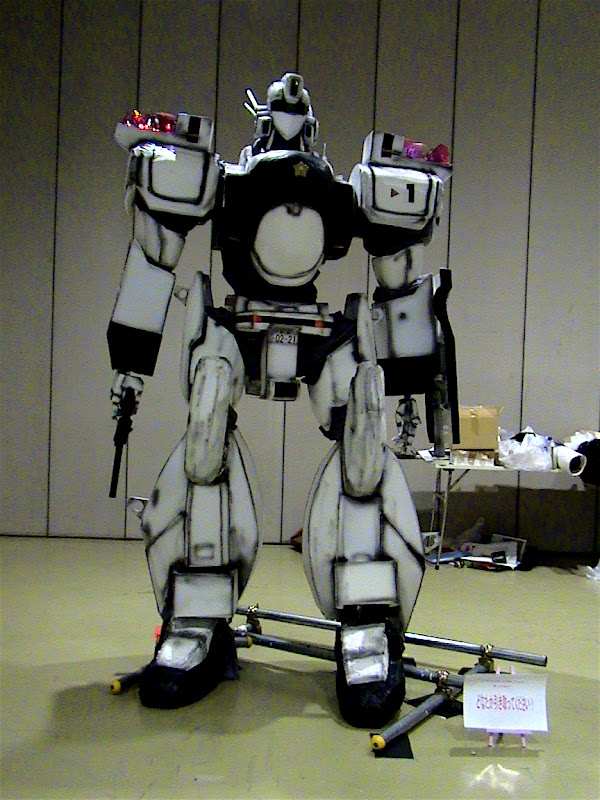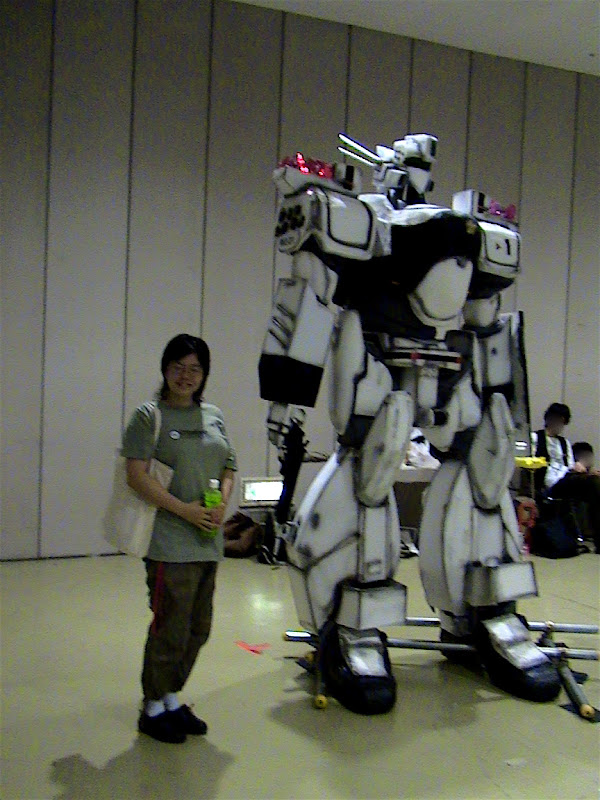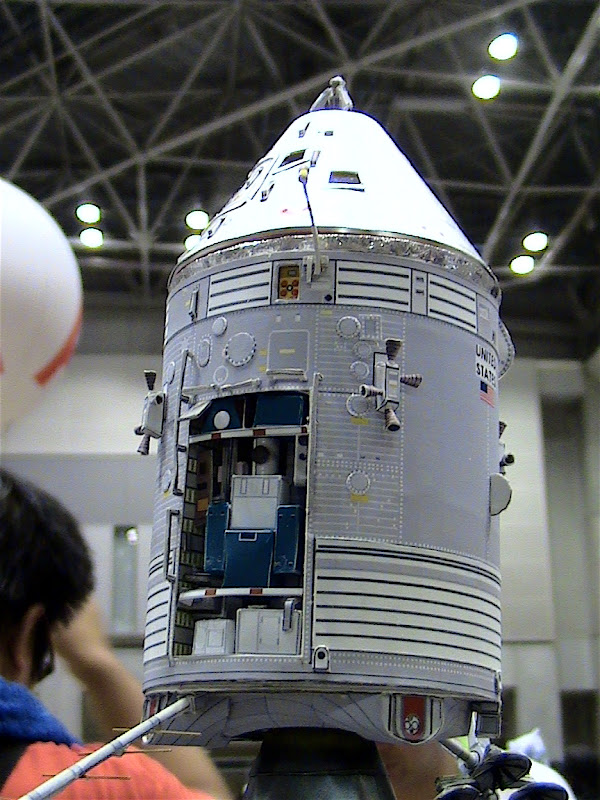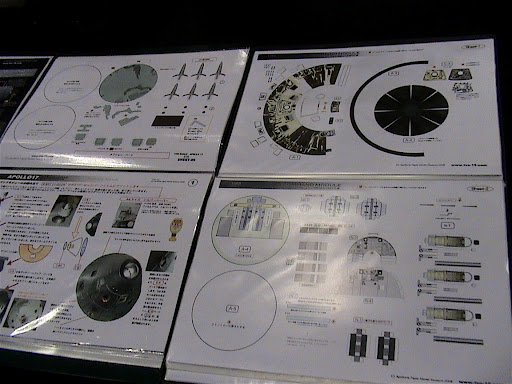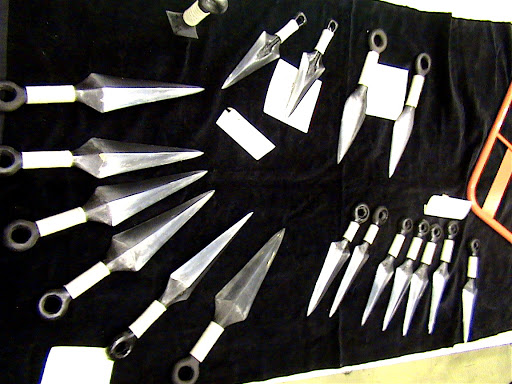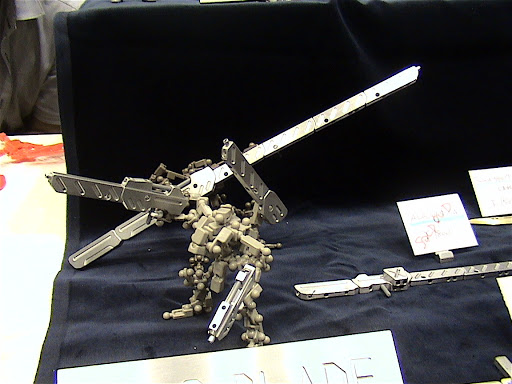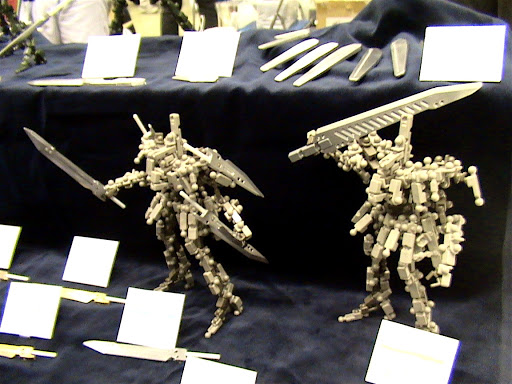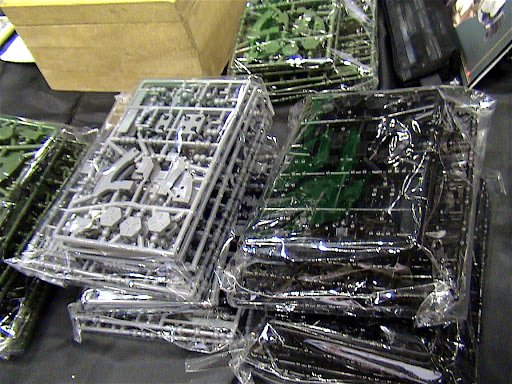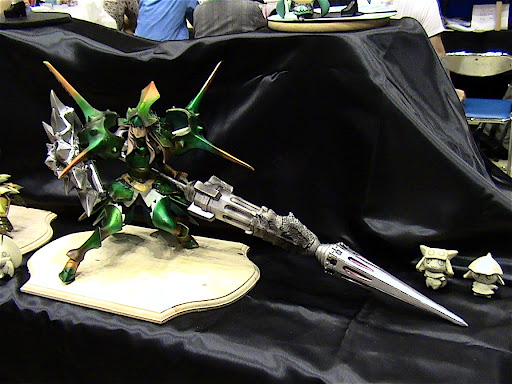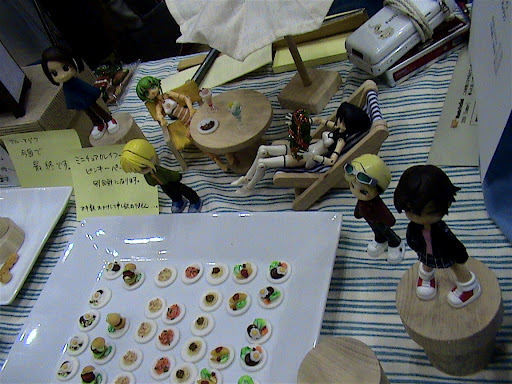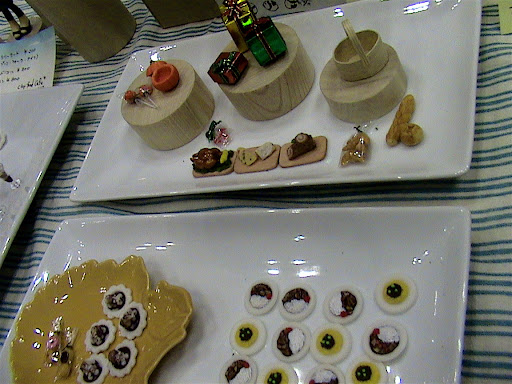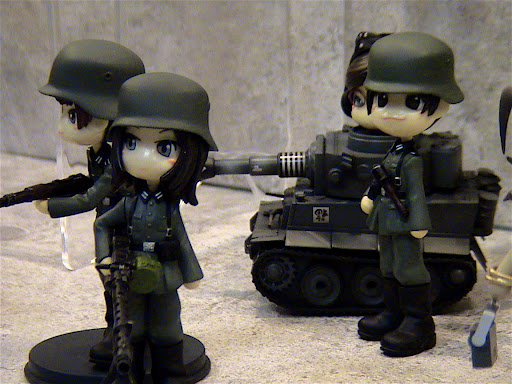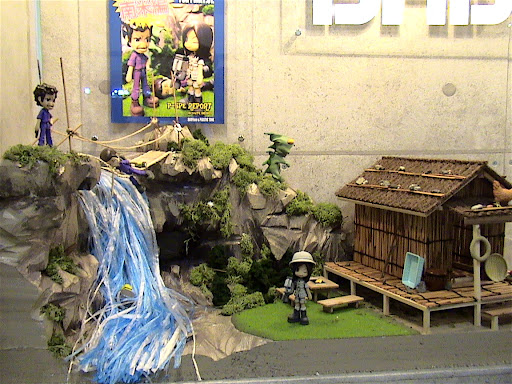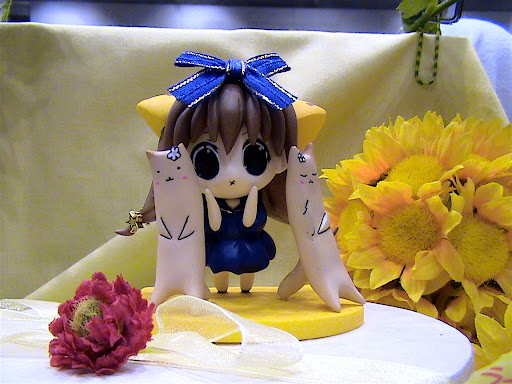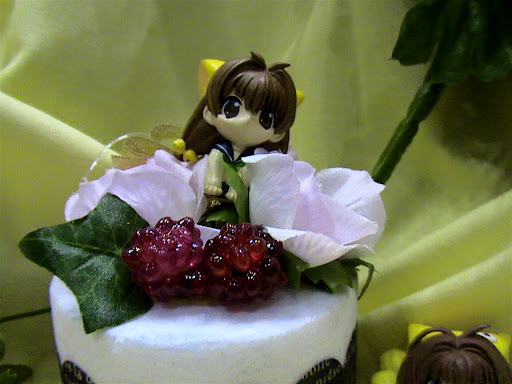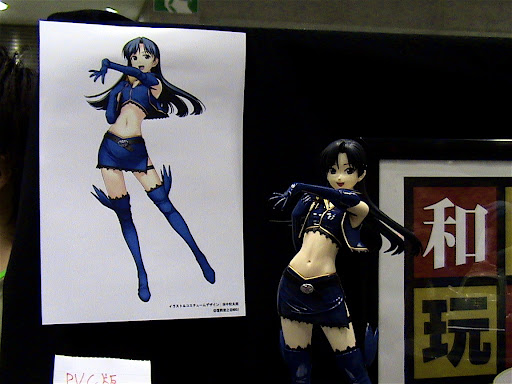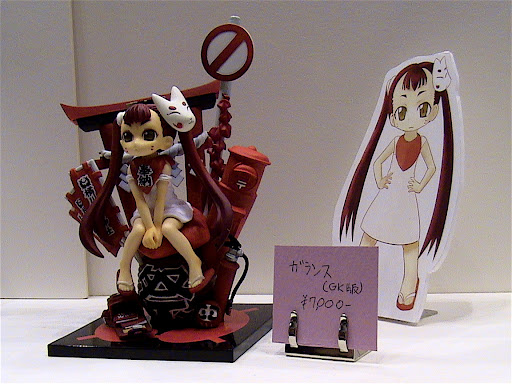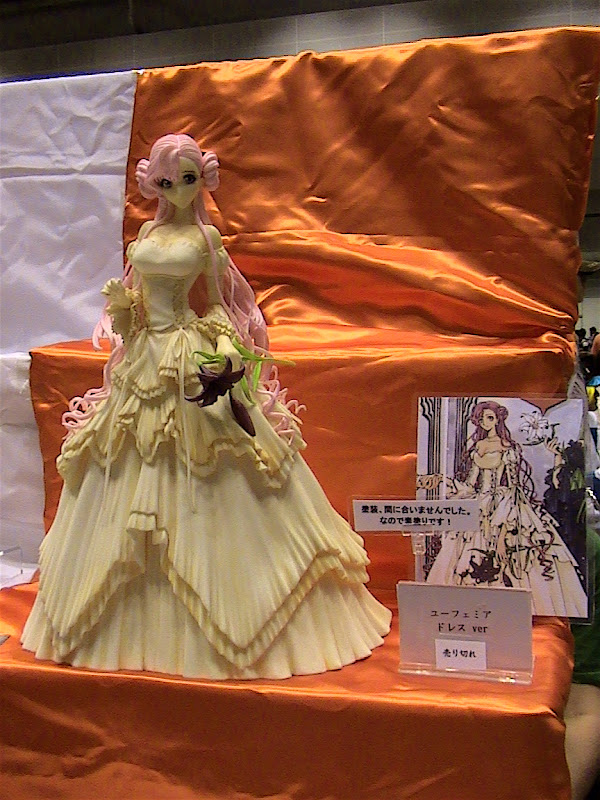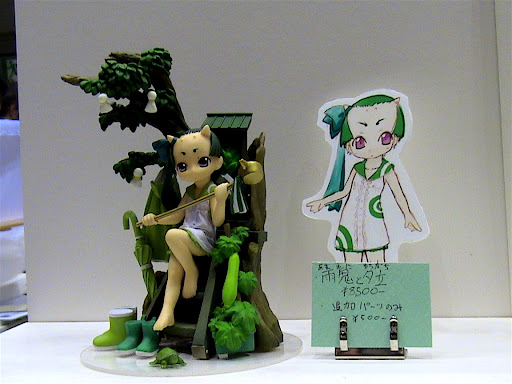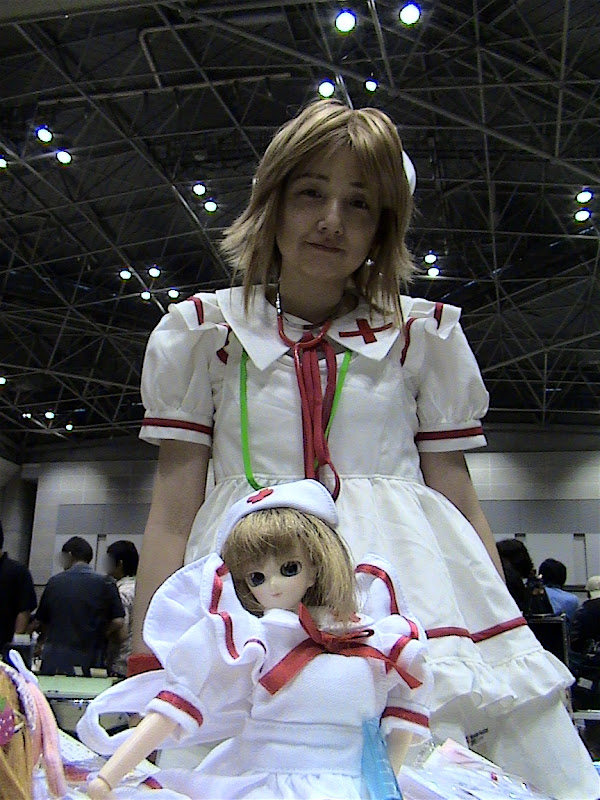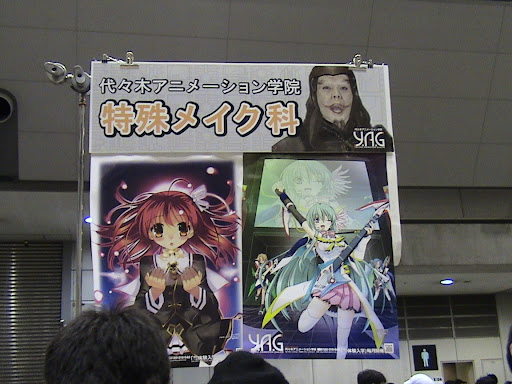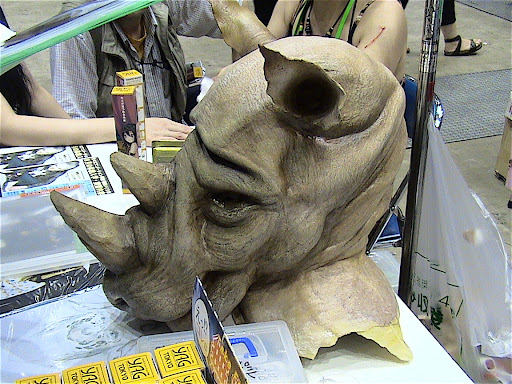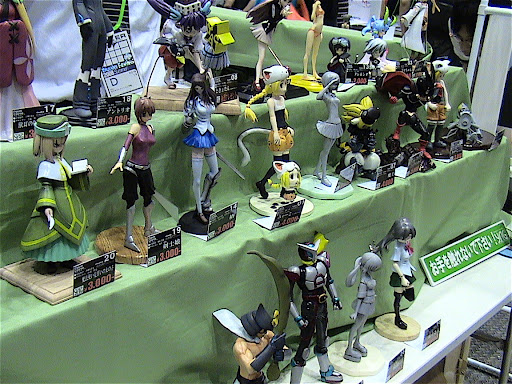MIAU (Movements for the Internet Active Users) is an internet activist group in Japan.

There are not many internet activists and internet activist organizations in Japan. This is probably because the Japanese policy makers are generally conservative/bureaucratic and internet activists find it difficult to work and influence the policy making process. Such facts make the internet activists shrink their activities, and also the general public not being knowledgable about the legal and technological issues during the policy making procedure. However, once a law has passed, it is difficult to abolish it. Therefore, it is important for the public to know, and discuss important issues while it is in the policy making process. Activists who collect information, hold symposiums etc to inform the public, generate public discussion, lobby towards the policy makers representing the consumers, educate the public how to communicate with the policy makers (such as using the "public comment" system of the Japanese government)- are very important for those reasons, in my view.
MIAU was established on October 2007, in order to promote and protect the freedom of the net.
Their activities include:
1) To inform the general public on the information on legal aspects of Internet and digital technology.
-They host symposiums on critical issues on internet-related legal issues, and are going to create a textbook on the internet- not just a book on how to use the internet, but of a real issues, problems on the net and what should be done by the users in order to avoid those problems.
2) To bring technological expertise to the policy making process in Japan.
-Not many policy makers has knowledge on the digital technology, digital cultures and technological problems/issues that the users and society might face. MIAU is trying to provide information in order to make proper decisions in the internet age.
3) To convey information about the Japanese situation, learn from other countries, and collaborate with other digital rights organizations worldwide.
Legal system should not diminish the development of technology, content creation and cultural innovation- it should rather be the opposite if the government wants this country to grow both economically and culturally. However, there are various cases where we see policy makers aiming to prevent such activities. MIAU's activities includes action against such policies. For example:
A)Action against "Illegalizing downloading"
- What is "Illegalizing downloading"?
Under the current copyright law, uploading copyrighted contents without permission are considered to be illegal, and downloading them is not considered illegal. "Illegalizing downloading" is an idea to illegalize downloading illegal files.
-What is the issue?
As it is often difficult for the users to distinguish what is legal and what is not, this policy might shrink the user behavior towards content consumption- even for legal contents.
-MIAU has sent a public comment to the government on 2007/11/15 on this matter,
and held a symposium for the public on 2007/12/26.
B) Informing the public as well as moderating the discussion over "Dubbing 10"
-what is Dubbing 10?
Dubbing 10 is a new system enforced from July 4th, 2008 - a system to protect copyright in the Japanese digital TV broadcasting. Until Dubbing 10 was enforced, "Copy Once" system was implemented, and you could only copy the recording of digital TV once. Copy Once was enacted because allowing to copy digital TV more than once was considered to have the potential of damaging DVD sales of movies (as digital copying will not diminish the quality of the videos compared to analogue copying). However, users suffered from this "Copy Once"system, as when the copying failed for some reason, there was no way they can copy the contents anymore- and in the worst case, the original file would sit in the hard disc forever as you can't copy to other media such as DVD-Rs- and the idea of Dubbing 10 was proposed.
-what was the issue?
When the new system "Dubbing 10" came to be in question, content owners insisted that allowing to copy more than once should mean that the manufacturers should pay some subsidy to content owners, and the manufacturers insisted that as there is a limit (10 times) to the copying, they should not be liable to compensate to the content owners, and this became a long debate that lasted for 4 years.
In Japan, the media industry still believes in the old style business model where TV is broadcasted just once, and if users wanted to see that content, they should purchase packaged media such as DVDs. Copy Once and Dubbing 10 discussion has its root cause in such business model. Putting TV contents online is still thought to be a taboo except for some companies which are starting to create new business models online.
-MIAU has held a symposium for the public on 2008/1/16 on this matter.
C) Action against "Internet regulation bill"
-what is "Internet regulation bill"?
This bill is aimed to prevent children under 18 years of age to have access to "harmful" contents on the internet which contains violence, pornography, drugs etc. This bill has passed the Diet on June 11th 2008 and will be enforced within a year. Mobile careers must provide content filtering service, internet service providers must take action to promote content filtering services, site owners must take action to prevent children to watch harmful contents.
-what was the issue?
There were lots of questions and objections raised to this bill, major ones are as follows: 1) Who decides what is harmful and what is harmless? 2) Would there be punishment for this law (...the answer is no) 3) Is there a real efficacy of this law if there is no punishment? 4) Is there a real efficacy by the filtering in the first place? 5) This law forces internet related companies to suffer financial burdens 6) It has a large potential to harm Japanese people's freedom of expression and creative activities. Cultural activities on the net such as Keitai shosetsu (mobile novels which is often created by junior high- high schools students) has the possibility to shrink, etc.
Many companies/organizations objected to passing this bill- Rakuten, Yahoo! Japan, DeNA, Microsoft Japan, NetStar, WIDE project, JPNIC, Japan Newspaper Association, The National Association of Broadcasters in Japan, etc.
Because of such objections, although the bill has passed the Diet, the law has taken into consideration much of the opinion presented during the objection, and is going to be enforced for 3 years, and is bound to be reformed after 3 years.
-MIAU has taken an active roll on the opposition activities on this, and held a symposium for the public on 2008/5/1 on this matter.
9/19 update:
MIAU released the "internet literacy textbook" under Creative Commons Attribution Share Alike license.

This is their
textbook-ver1.0 PDF file, and they will be updating this textbook in the future.
This textbook is not a "know-how" book such as how to use excel, how to use Twitter, etc. Its aim is rather to educate the public of what the backgrounds of the social activities that you see in current society and how to cope with them.
In Japan, information such as how to commit suicide or some murder incidents arose because of some website. The government decided to pass the "Internet regulation bill" in order to cope with these problems. On one hand this is an understandable approach, on the other hand 1) it might have negative effects such as oppression towards freedom of speech 2) does not solve the real problem of internet literacy education 3) diminish the competitiveness of the Japanese citizens in the future when they have lower internet literacy.
The real problem lies upon the "information literacy education" of the children and the society, and that is what MIAU is trying to solve.
Here are the 2 highlights that are focused in ver1.0 textbook.
1) Internet is not an "anonymous world"
Most of the problems in the internet world seems to stem from the anonymity. MIAU textbook tells people that the internet is not a completely anonymous world- the logs exist, and if you do bad thing in the internet, people WILL FIND OUT about it.
2) Avoid email addiction
In Japan, many of the children are cell-phone mail addicts, and it is said that some children has rules that you need to reply within 3 minutes whatever you are doing (called 3 minute rule). This is the same as other addiction such as alcohol addicts. MIAU proposes to get away from the cell-phone once in a while to balance between the real life and the net world.



